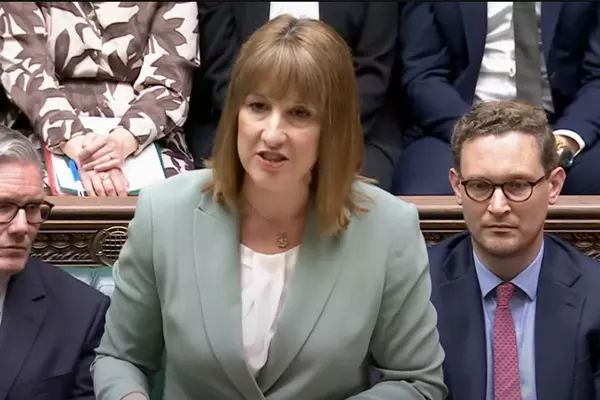The UK’s retail sector is facing a modern competitive storm—and it’s not just from the shop across the street. Global e-commerce giants, especially Chinese-based platforms such as Shein and Temu, have transformed shopping habits with low-cost products and speedy shipping. But according to B&Q CEO Graham Bell, the playing field is far from level, and British retailers are at a growing disadvantage.
The “De Minimis” Rule – A Quiet Advantage
At the heart of Bell’s concerns is the UK’s “de minimis” import threshold. Under current rules, goods valued under £135 entering the UK are exempt from customs duty. This means many online orders from overseas sellers—particularly from China—arrive without the added costs British retailers must factor into their prices.
While this may sound like a win for bargain-hunting consumers, it places domestic businesses in a bind. High street shops like B&Q must charge VAT, import duties on certain products, and deal with compliance costs that online rivals often sidestep.
Impact on UK Businesses
B&Q, a well-known home improvement chain, operates in a highly competitive space where price is a major factor. When foreign e-commerce sellers can offer goods—often similar in design—at a fraction of the price, it puts pressure on local retailers to cut margins or lose customers.
Beyond price competition, Bell notes that online imports sometimes bypass the same quality, safety, and environmental regulations applied to UK goods. This raises concerns about consumer protection and market fairness.
A Call for Policy Reform
Bell has urged Chancellor Rachel Reeves to remove or reform the de minimis rule to ensure a fairer retail environment. Possible measures include:
- Lowering or eliminating the £135 threshold for customs duties.
- Increasing checks on imported goods to ensure compliance with UK standards.
- Supporting UK retailers with targeted tax reliefs or business rate reductions.
The Broader Economic Context
UK high streets are still recovering from the pandemic, grappling with inflation, high energy bills, and shifting consumer habits. The growth of ultra-low-cost imports adds another challenge—one that policymakers cannot ignore if they want to protect domestic jobs and revenue.
Industry bodies have echoed Bell’s concerns, warning that unchecked online competition could lead to more store closures, loss of tax revenue, and weaker local economies.
Balancing Consumer Choice and Fair Competition
While removing the de minimis rule could mean slightly higher prices for imported goods, it could also help ensure that UK retailers are not competing on an uneven field. Supporters of reform argue that a balanced approach would still allow for healthy global trade while ensuring local businesses have a fighting chance.
Looking Ahead
The government’s response will be closely watched, as this debate touches on broader issues of trade fairness, tax policy, and the future of British retail. For B&Q and other UK high street staples, the hope is clear—create a marketplace where quality, service, and innovation matter more than tax loopholes.


